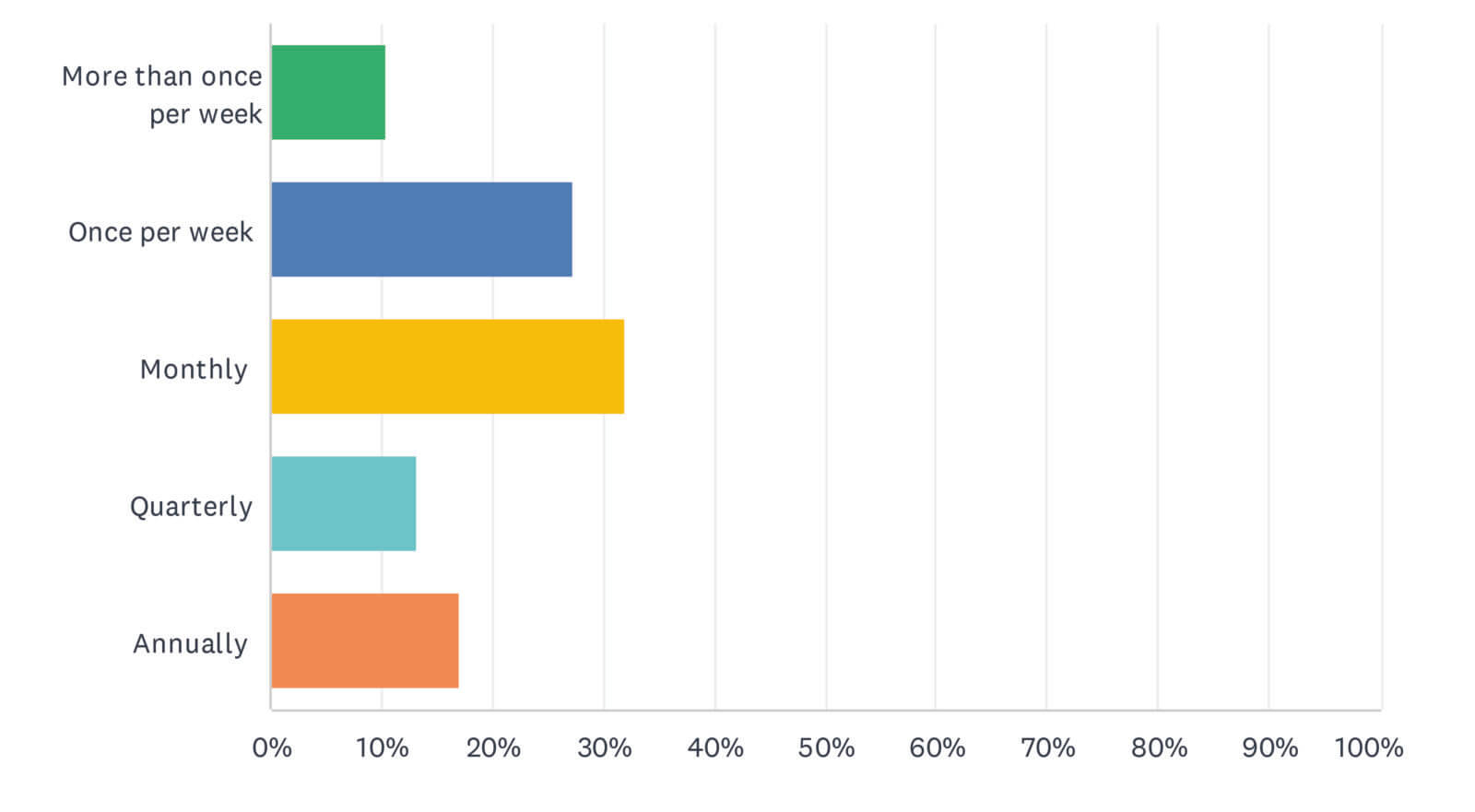IFA Magazine, in conjunction with Ascot Lloyd, ran our most recent digital survey, asking financial professionals for their opinions on the main considerations when deciding to pass on their legacy and explore the sale of their IFA business.
Whatever the reason for wanting to explore the acquisition of your advice business by a third party, it is sure to be personal. Whether it’s triggered by upcoming retirement, a change in business direction, or the increased cost of regulation it is a more topical conversation than ever, with many more firms and business owners exploring their options than seemingly ever before.
IFA Magazine, in conjunction with Ascot Lloyd, asked financial professionals for their honest opinions on motivation, concerns and culture regarding potential acquisitions to get an idea of what the sentiment is within the industry. In light of recent impactful changes such as Consumer Duty which have altered the advice landscape quite substantially, these results have produced insightful answers to questions that a lot of firms and business owners may now be asking themselves.
With over 100 respondents in just a week, the results are in!
Motivation matters
It all begins with motivation, and that is why we asked respondents ‘What would motivate you most to sell your business?’ (see chart 1). Considering financial services is struggling to attract new talent and many founders primarily entered the industry many years ago, it won’t be a surprise to learn that 65% state that retirement is their main motivation. This is followed by a whopping 22% quoting regulatory and compliance increased workload/costs as their main motivation.

We may assume the increased compliance workload and costs are a result of Consumer Duty but when we asked respondents specifically on a scale of 1-10, ‘Could Consumer Duty and client review delivery accelerate your plans to sell your business’, the average response was a 3 out of 10. So, whilst this is a factor it is clearly not the whole compliance story.
Alongside motivation, are the doubts and downsides which may regularly plague decision-making. We asked respondents ‘What aspect of an acquisition concerns you most’ with 60% of responses landing on the client journey, a clear indication of the care and attention that many advisers bestow upon their clients. Coming in second was reaching the right valuation at 20%, significantly lower than the top response and a fair answer. When so much effort is put into making a business a success, especially one that is there to help and support clients, a fair price is a fair ask.
If not now, then when
For some major decisions in life, it can feel like it’s never the right time. But what did our respondents think about the timing of selling their businesses? We asked, ‘What is your potential timeframe for selling your business?’ to which only 33% confirmed they were not considering it right now, meaning it’s on the minds of 67% of those who took part. The most popular time frames were 24+ months at 28% and 12-24 months at 18% meaning whilst it may be on their minds, the majority are not looking for an immediate exit.
We also asked respondents ‘Have you previously attempted to sell your business?’ to gauge how many may have explored the acquisition route before. It appears the prompt to explore the route of acquisition may be recent as 85% of respondents answered no.
DIY or a helping hand
Once the decision has been made to explore the sale of a business, the question is how and what help may be needed. We asked respondents ‘Would you expect to use an independent broker and/or M&A adviser to sell your business, or would you contact acquirers directly?’. The responses indicated that the attitude towards seeking professional expertise was positive with 55% confirming they would use a combination of both resources. Coming in second was the use of a broker and/or M&A adviser at 28% meaning contacting acquirers directly was the least popular route overall.
We were also interested to know how often firms and business owners were contacted about potentially selling their firms, so we asked specifically ‘How often are you contacted by an acquirer/broker about potentially selling your business?’ (see chart 2). The results clearly demonstrated that mergers and acquisitions were being more actively sought out than ever before with monthly collecting 32% of the responses and once per week coming out at 27%. It seems this has become a seller’s market, and many firms will be considering carefully the ability to take advantage of that.

Appealing acquirers
Acquirers may (or may not) be pleased to know that when we asked respondents ‘Do you hold a generally positive or negative opinion of consolidators?’ 66% of contributors answered that they had a neutral stance with 25% answering in the negative and only 9% positive. Whilst this indicates that acquirers may not be making friends out there, they’re not making that many enemies either.
So, what would make an acquirer appealing? That is the question we asked our respondents who named the integration approach as the most significant factor with 50% and the deal structure as the second most significant with 41%. A seemingly divided opinion perhaps between those who are prioritising passing on a legacy and those who like to look after the pennies.
On the subject of acquirers, we also raised the question, ‘How important is it to you that a potential acquirer has an independent advice proposition?’ and the consensus was that it was extremely important with 58% of respondents in agreement.
The offer
Getting down to the nitty-gritty, the details of the offer can be the make or break of a successful acquisition deal. To get an idea of what good looked like, we asked respondents ‘What elements of an offer to sell your business would be most important to you?’ (see chart 3). Unsurprisingly the purchase price was the top factor with 69% saying it was important, and rightly so, selling something as valuable as your business should garner the right and fair price. The second most popular was the degree of change within your business required by the buyer which received 61% of votes, followed then by earn-out duration with 52%.

Knowing how important culture and operations can be to business owners in financial services (something that has been supported by responses to this survey already) we wanted to ask specifically about these factors. We asked respondents ‘How important is the buyer’s commitment to maintaining your business’s current operations and culture?’ with 56% of contributors indicating this was important and 41% confirming this was extremely important. Only 3% of respondents thought that operations and culture were not very important, and zero respondents believed they had no importance.
Due diligence details
Although firms and business owners are usually big-picture thinkers rather than diving into the details, due diligence plays a big part in mergers and acquisitions. To get an idea of the outlook of due diligence we first asked respondents ‘How prepared do you feel your business is for a due diligence/sale process?’. The responses indicate that many advisers and business owners may not have the knowledge or time to prepare their business to reach a place where they are confident it is attractive to acquirers, as the average score from 1-10 was only a 3.
We followed that up by asking specifically ‘What area of due diligence would be most challenging to you?’ for which there was a clear consensus that negotiating terms would be the most challenging with 55% of responses. Maintaining confidentiality and preparing financials both came in a joint second in priority with 13% of answers. Due diligence is clearly one of the most time-consuming and labour-intensive parts of the acquisition process with its own set of unique challenges.
Conclusion
IFA Magazine and Ascot Lloyd would like to extend their thanks to all those respondents who took the time to provide answers to this survey. The results were enlightening on the outlook of firms and business owners on the acquisition process, all the way through from motivation to due diligence.
We hope this snapshot of the industry opinion helps inform and guide you in your conclusions about such an important and meaningful decision. Or even provide reassurance to your thoughts and own outlook on such a uniquely challenging process.
About the survey
IFA Magazine’s M&A digital survey took place online and was live from Monday 10th June to Monday 17th June. Altogether, the survey generated a total of 136 responses with 106 full completions.















